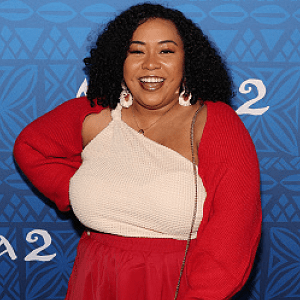Recent research has uncovered a troubling trend in food allergies, with Black Americans experiencing a disproportionate increase in severe allergic reactions. This surge in food-related anaphylaxis among the Black population highlights yet another facet of racial health disparities in the United States.
A study published in the Annals of Allergy, Asthma & Immunology revealed that between 1999 and 2020, Black Americans saw a staggering 647% increase in anaphylaxis cases, compared to a 229% increase among white Americans. This significant disparity underscores the growing concern about food allergies within the Black community.
The tragic story of Dominique Brown illustrates the potentially fatal consequences of these allergies. Brown, who was allergic to peanuts, tree nuts, and shellfish, died from a severe allergic reaction at a social event in California. Despite carrying an EpiPen and having managed her allergies for years, this incident highlights the ongoing risks faced by individuals with severe food allergies.
The research also identified the most common allergens triggering these severe reactions, with peanuts topping the list, followed by tree nuts and shellfish. Interestingly, the study found that Black patients were more likely to experience anaphylaxis from shellfish compared to their white counterparts.
Experts point to various factors contributing to this disparity, including genetic predisposition, environmental influences, and socioeconomic challenges. The “hygiene hypothesis” and potential vitamin D deficiency are also mentioned as possible contributors to the increased prevalence of food allergies among Black individuals.
These findings, coupled with Brown’s tragic case, underscore the urgent need for targeted interventions, improved healthcare access, and increased awareness for Black communities. As food allergies continue to rise across all demographics, addressing these racial disparities becomes crucial in preventing further tragedies and ensuring equitable health outcomes for all Americans.
See: “Severe Food Allergies Are Up for Black People” (December 15, 2024)



